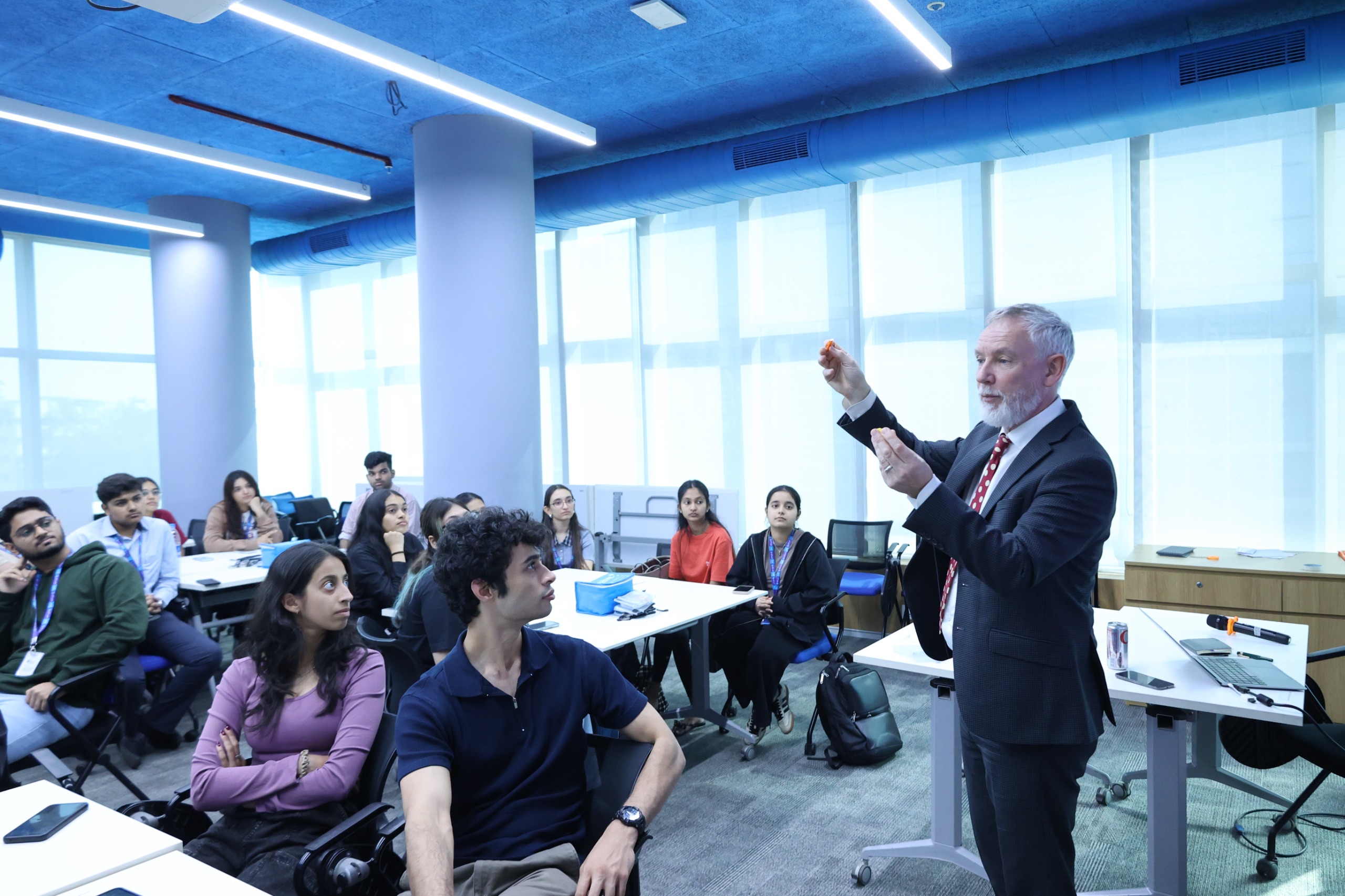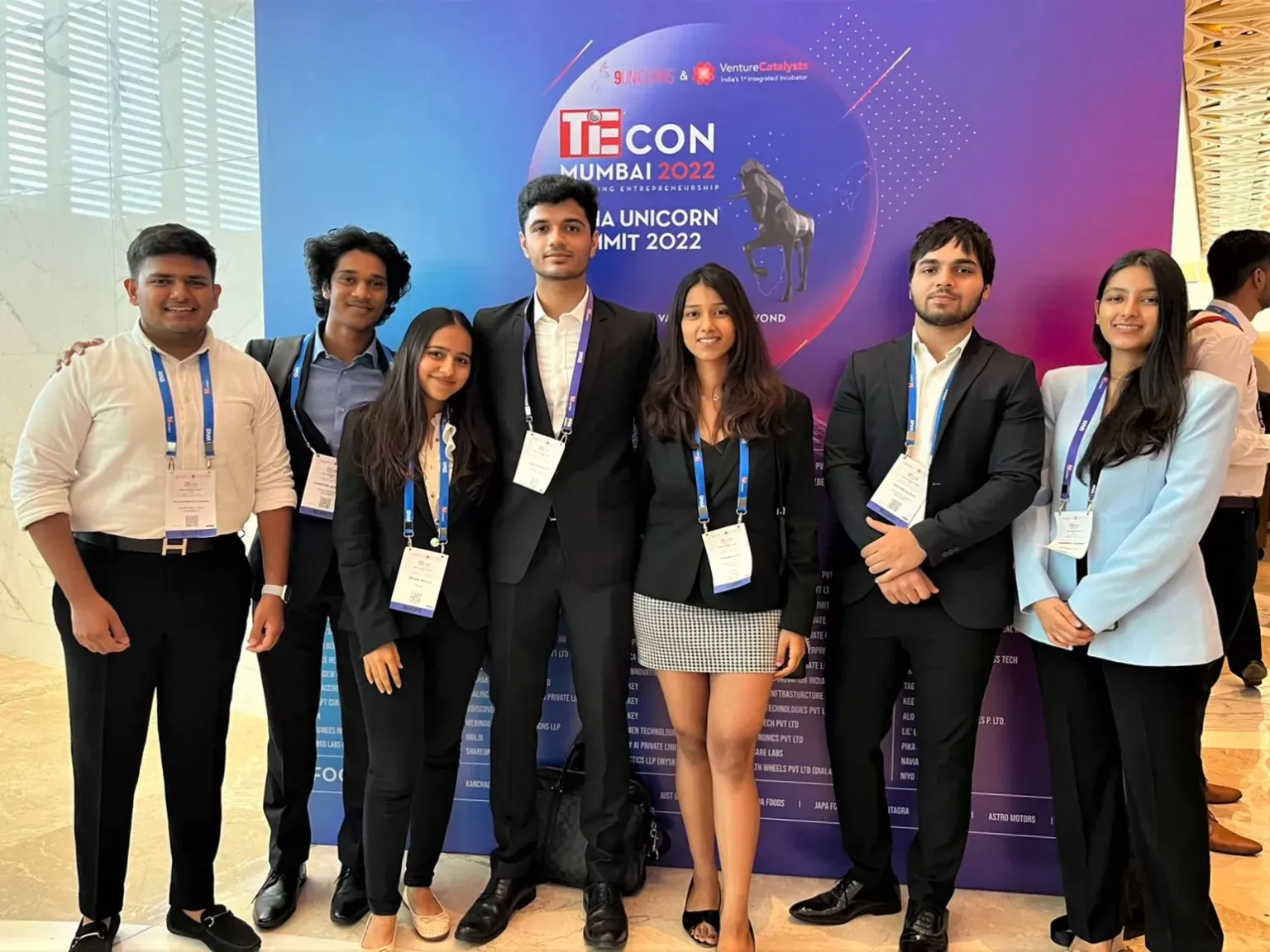Ria Shroff from Blume Ventures Unveils Startup Culture Strategies at the Saturday Start-up School
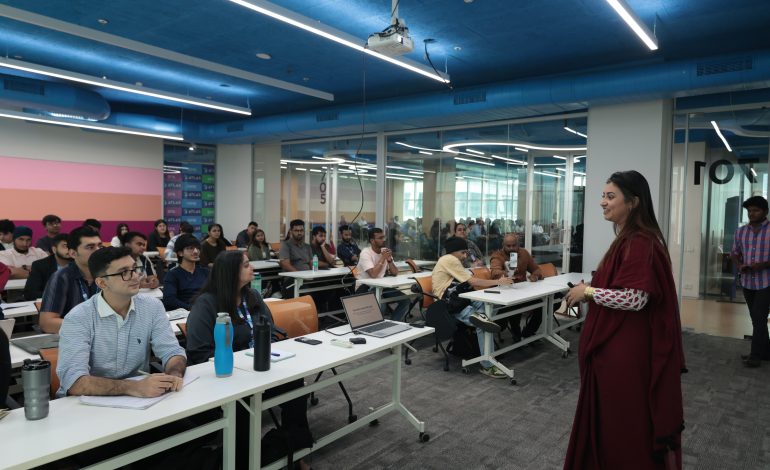

The Saturday Start-up School at ATLAS SkillTech University recently hosted Ria Shroff, People and Culture Head at Blume Ventures, for an enlightening session titled ‘You don’t need HR (yet!)’. The session delved into the nuances of building a robust People and Culture Strategy for startups and entrepreneurs. Here’s a comprehensive breakdown of the key takeaways and insights shared during the session.
Understanding Startup Culture

Startups, likened to pirates in their early stages, need to focus on hiring for “culture fit.” However, as they evolve and grow, this approach may need to shift. The session emphasised the importance of creating a visionary culture, moving fast but within ethical boundaries, and inspiring greatness through storytelling.
When you start, hire for “culture fit” – people like you. As you grow, don’t.
Startup vs. Traditional Companies
The general consensus that “HR can come later” or “HR is a waste of time” was addressed. While startups may function without traditional HR initially, having a vision is crucial. Startups operate differently, with founders playing a pivotal role in early hiring and culture building.
Get people on board with your vision, not your compensation and benefits!
“Human Resources” vs. People and Culture
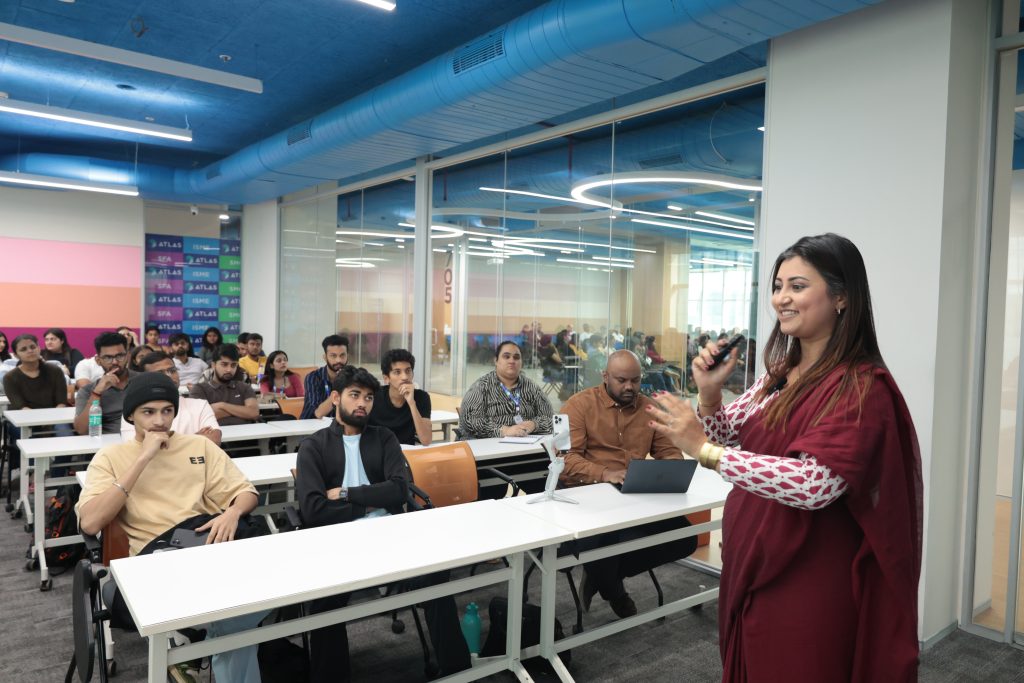
Shroff highlighted the shift from reactive HR practices to proactive People and Culture strategies. The session explored the difference between efficiency and effectiveness, outsourcing and in-house operations, and the distinction between People Operations and People Development.
Building Your Core Team
The perfect founding team comprises “Hustlers,” “Hackers,” and a visionary leader. The importance of hiring for diversity of thought, identifying complementary skills and understanding that culture evolves was emphasised. Shroff emphasised the need to hire for a “Culture Add” rather than just a “Culture Fit.”
Divide early People Development responsibilities among core team – being part of a core team means taking responsibility for people together with business
Founder vs. CEO Roles
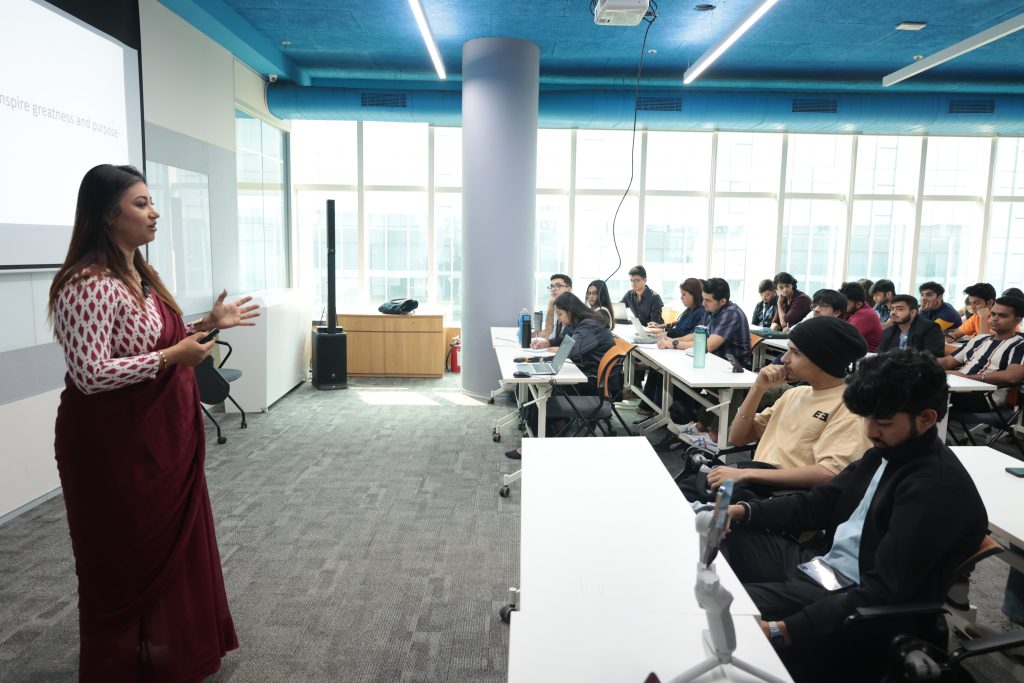
The role of a founder differs from that of a CEO. The session touched on when founders should transition, the pros and cons of founder-CEOs and the impact on company culture. Founders were encouraged to evaluate their readiness to get involved in daily operations or focus on long-term prospects.
Defining Culture
Culture was defined as not just what gets done but how and why things get done. Tangible elements such as rituals, traditions, stories and people decisions contribute to a company’s culture.
Culture is what happens when no one is looking.
Developing Your HR Strategy
To attract and retain great talent, founders were advised to “D.I.E.”: Develop opportunities for growth, Inspire with a purpose beyond a paycheck and Empower employees with freedom. The session integrated Dan Pink’s Theory of Motivation, focusing on autonomy, mastery and purpose.
To get and keep great people, you need to DIE (Develop, Inspire, Empower)!
People Development Areas

Breaking down People Development into performance management, rewards and recognition, learning and development and career growth, the session emphasised work-life integration, social hiring and prioritising employee experience over customer experience.
When to Hire Dedicated HR
The session provided practical insights into when startups should consider hiring dedicated HR resources – typically when the team reaches around 25-30 employees or when significant expansion is imminent.
Choosing Your People Person
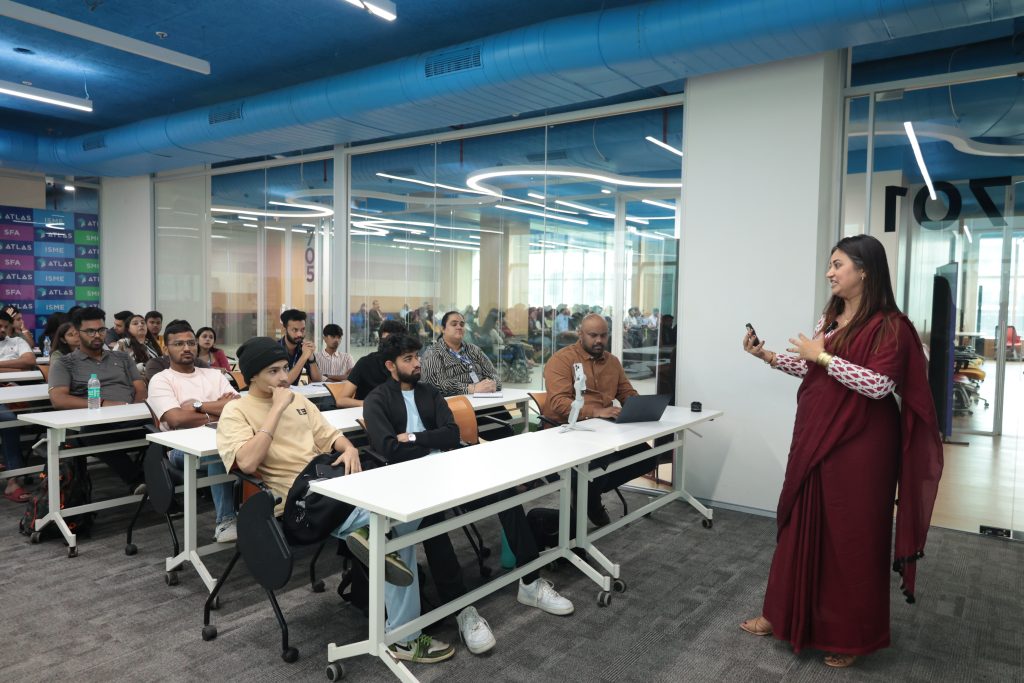
Shroff suggested hiring someone with a passion for motivating and developing people, someone who challenges and isn’t intimidated by founders and someone capable of handling crises. The idea of promoting from within – choosing a senior/core team member as your People and Culture lead – was also highlighted.
The best person to handle your People & Culture may very well be another senior/core team member!
The session offered invaluable insights for startups and entrepreneurs on navigating the complex landscape of People and Culture. While emphasising the significance of culture, the session provided practical advice on when and how to integrate dedicated HR resources into the startup journey. As startups strive for success, it is evident that nurturing a strong people and culture strategy is not just a luxury but a necessity for sustainable growth.


